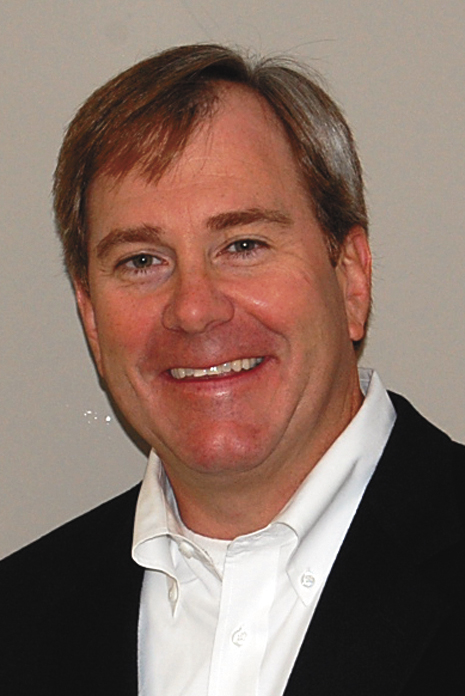“…there is nothing greater in all the world than freedom. It’s worth going to jail for. It’s worth losing a job for. It’s worth dying for. My friends, go out this evening determined to achieve this freedom which God wants for all of His children.”
Dr. Martin Luther King, Jr., Jan. 1, 1957
As our country celebrates Dr. Martin Luther King, Jr. Day, we should remember that this holiday is not just about remembering one man. It is about what that man stood for and what we can learn from his life, his message and his legacy.
This year, Martin Luther King Day also happens to fall on Inauguration Day, as President Obama will take the oath of office for his second term in the White House. Regardless of whether you agree with President Obama’s policies, we can all take pride in how far our country has come in the last 150 years.
Dr. King did not start the Civil Rights Movement, and he certainly was not the only person who worked and sacrificed to bring civil rights to all Americans.
But Dr. King was the leader of the Civil Rights Movement, and his message is just as relevant today as it was when he died 45 years ago.
Dr. King is most often remembered because of his work to achieve racial equality in America. But while racial equality was his goal, his message was much larger.
Dr. King did not just speak of equality. He spoke of freedom, peace and unity. And the freedom he fought for was not just for black people or white people, but for all people. The words he wrote and the speeches he gave talked about the freedom our founding fathers wrote about in the Declaration of Independence and the freedom we read about in scriptures like Galatians 3:28.
At a time when many people in our country were trying to use violence to push their message, Dr. King advocated for peaceful resistance to injustice. Today, so many politics want to use fiery rhetoric to tap into the anger, bitterness and frustrations that voters feel. But unlike today’s politicians, Dr. King famously said “Let us not seek to satisfy our thirst for freedom by drinking from the cup of bitterness and hatred.”
Had Dr. King advocated violence, the Civil Rights Movement probably would not have been successful, or would have at least been delayed by decades. But by advocating peace, America was able to end Jim Crow Era segregation and heal together.
Lastly, and perhaps most importantly, Dr. King spoke about unity and the need to come together. He had faith that one day, people of all races would be able to go to school together, work together and pray together. He dreamed of a time when our country would come together to solve the challenges that we face.
And it is this last message that reminds me of what President Obama said during his first campaign: “…we cannot solve the challenges of our time unless we solve them together…we may not look the same and we may not have come from the same place, but we all want to move in the same direction – towards a better future for of children and our grandchildren.”
As we remember Dr. King, let’s keep in mind that, while his goal was racial equality, his message was much bigger. No matter what problems our nation might face, we will be better off if we remember what Dr. King stood for – freedom, peace, and unity.
The only way we will successfully meet our generation’s greatest challenges is if we work together. That is the message and the legacy of Dr. King, and that is what we need to remember this week.





